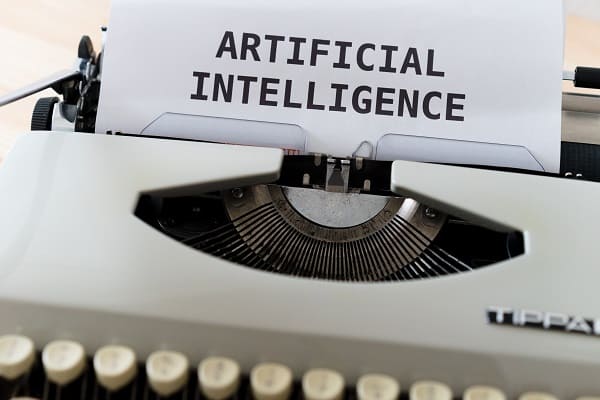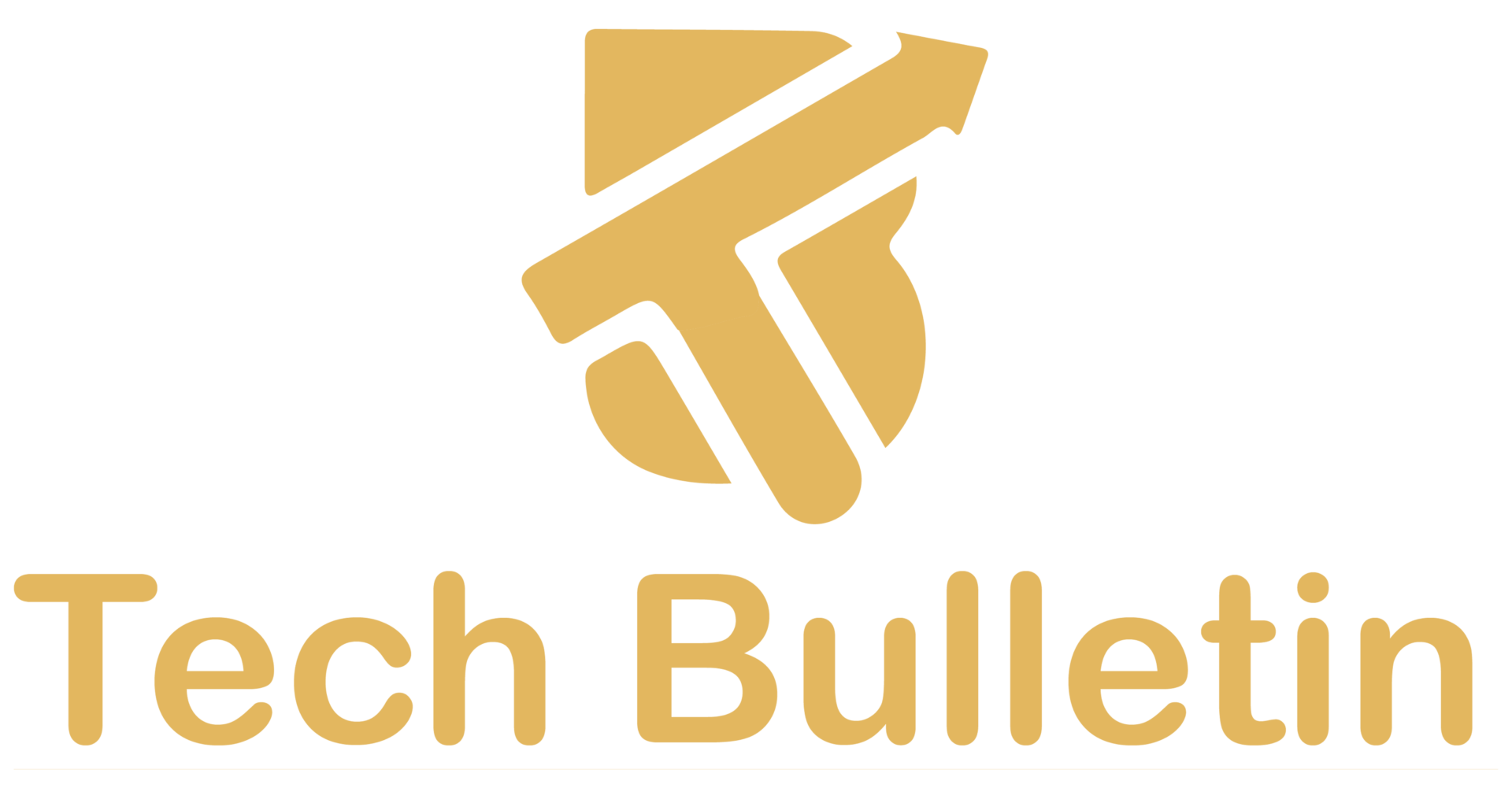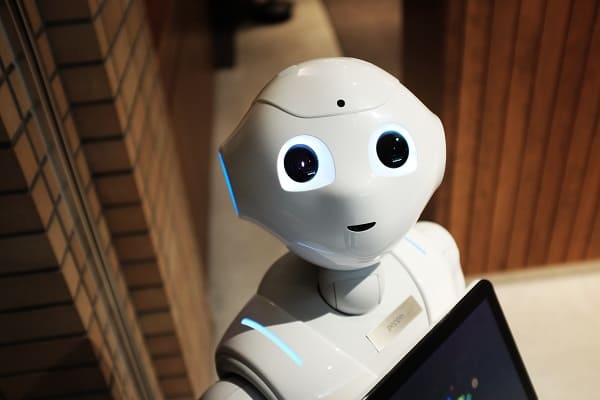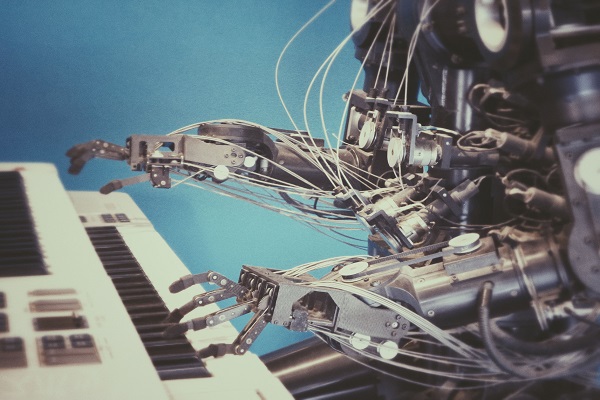Why are people against AI? How does AI make humans lazy?

It might be simple to believe that artificial intelligence (AI) has little relevance to our daily lives. By giving excitement around robots and self-driving cars, among other things. In actuality, most of us come into contact with AI in one form or another virtually daily.
AI has swiftly infused itself into our daily lives. From checking your phone as soon as you wake up to viewing another Netflix-suggested movie. But on the other hand, some people don’t like Al. So why are people against AI? Let’s take a look at that.
Why are people against Al?
Here are some reasons behind the unlikeness of people from Al;
- Fear of the Unknown
Because AI is a new and sophisticated technology, many people are hesitant about it. They fear that if AI is too sophisticated or strong, it may produce results that are unpredictable or beyond our control.
- Job Disruption
Some individuals worry that AI may replace tasks that are now performed by humans. They are concerned about the effects on the employment market and fear losing their means of support.
- Privacy issues
AI frequently entails gathering and analyzing large amounts of personal data, raising privacy concerns. People are concerned that privacy breaches might occur if their personal information is exploited or disclosed.
- Loss of Human Connection
As AI develops, some worry that we may grow to rely more on technology than on human interaction. They fear that having access to too much technology would make us feel isolated and unconnected.
- Depersonalization of Services
People may miss the personalized touch that comes from speaking to a human when customer service or interactions are automated with Artificial intelligence.
- Risks to security
There are worries that AI systems might be hacked or controlled, leading to significant disruptions or even risks.
- Moral Responsibilities
People are concerned about who will be held accountable if AI makes a poor choice. It calls into question who should be held accountable and who is accountable.
- Unequal Access
If AI technology becomes widespread, there might be concerns about some people or regions not having equal access due to factors like cost or infrastructure.
- Science Fiction Influence
Movies and books often portray AI in negative ways. It can influence people’s perceptions and make them worried about potential dystopian futures.
How does AI make humans lazy?
Now we will discuss the people laziness due to ai and see how it affects the creativity of humans.
- Loss of fundamental abilities
As more people rely on technology to do fundamental math and language activities. AI-powered calculators and spell checks may cause a deterioration in basic math and language abilities.
- Impact on occupations
Lack of incentive to learn new skills or pursue other work may result from the automation of occupations by AI, which may promote reliance and sloth.
- Dependency on Navigation Apps
GPS navigation apps have made getting around easier. But they could weaken spatial awareness and navigation skills, as individuals become overly reliant on digital guidance.
- Creativity and Problem-Solving
AI systems are capable of producing textual, musical, and even artistic works. Although these tools can be motivation. They may deter users from honing their creative abilities or resolving issues without the use of algorithms.
- Memory and Learning
Humans may rely less on their memory and cognitive skills as a result of AI storing knowledge and reminders. As a result, memory retention and critical thinking abilities could deteriorate.
- Making decisions
AI systems are capable of studying enormous quantities of data and making suggestions. Such as the next movie to watch or book to read. Relying on these recommendations might reduce exposure to new experiences and hinder autonomous decision-making.
- Physical Activity
AI-powered services like meal delivery and online shopping are more practical. It means fewer people need to make physical journeys to the stores. This sedentary behavior may lead to a less active lifestyle, which may affect physical health.
- Automation and Less Work
AI can complete jobs that formerly required human labor. For instance, smart home products can manage lighting, thermostats, and appliances, simplifying daily tasks.
This ease of use may result in a reduction in physical and mental effort, making people more dependent on technology for even routine activities.
- Interaction with others and communication
Social media sites frequently make content suggestions based on user preferences, resulting in a filter bubble that supports preexisting opinions. This may make people less likely to seek out different points of view and inhibit healthy disagreements, ultimately leading to intellectual passivity.
Negative remarks for ai from people
- Some individuals bemoan AI’s ability to displace jobs, which would cause unemployment and economic turmoil.
- They raise worries that impersonal customer service would result from AI’s lack of empathy and comprehension in challenging human relationships.
- Skeptics are concerned about data privacy violations and the possibility of biased or unjust choices being made by algorithms.
- Additionally, AI’s overuse may impair human creativity, critical thinking, and problem-solving abilities, according to critics.
- Concerns have been raised. Regarding how AI can consolidate power in the hands of a small number of tech firms, generating moral and societal issues.
Conclusion
In conclusion, anxieties about AI are a result of a variety of fears, including those related to jobs, privacy, ethics, and human connection. That’s why are people against AI. A focus on how AI might improve our lives while minimizing any consequences is necessary to allay these worries.
By automating processes and removing the need for information retrieval and critical thinking. AI has the potential to make people lazy. To avoid excessive inactivity, it is crucial to strike a balance between the advantages of AI and keeping active participation and skills.





